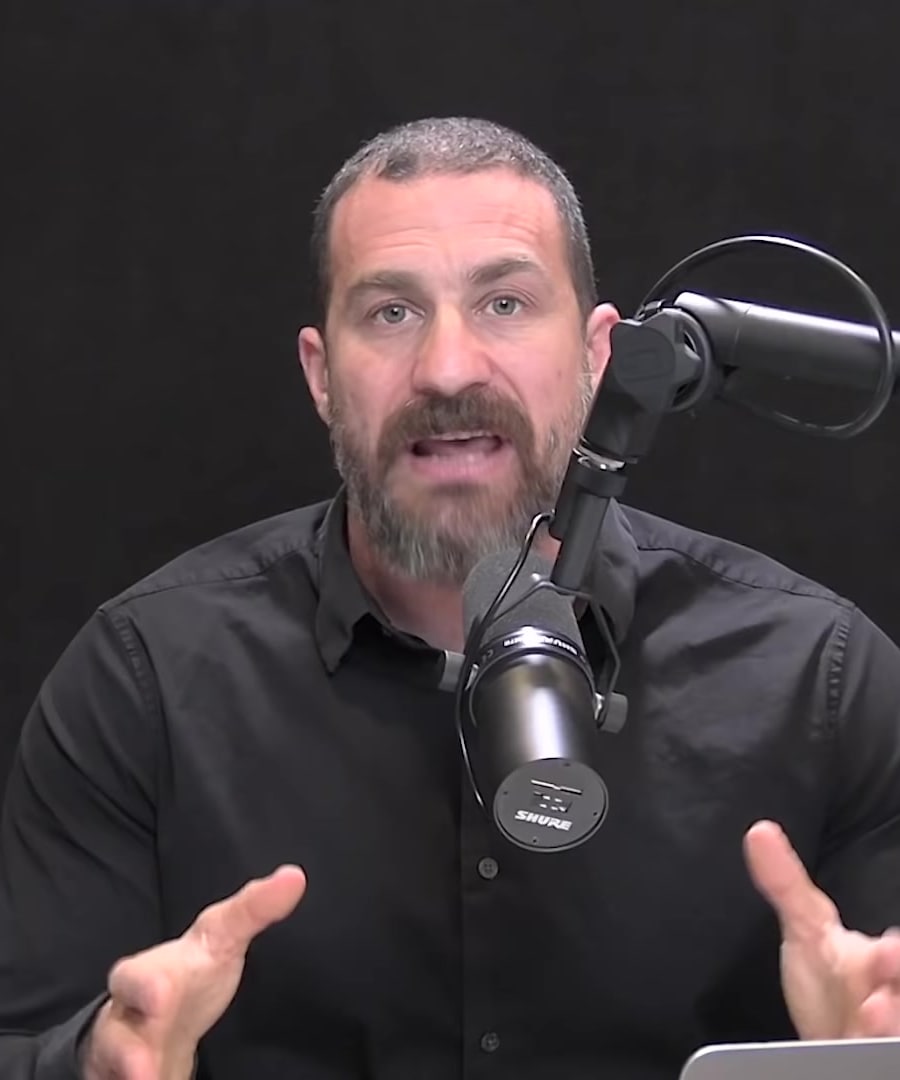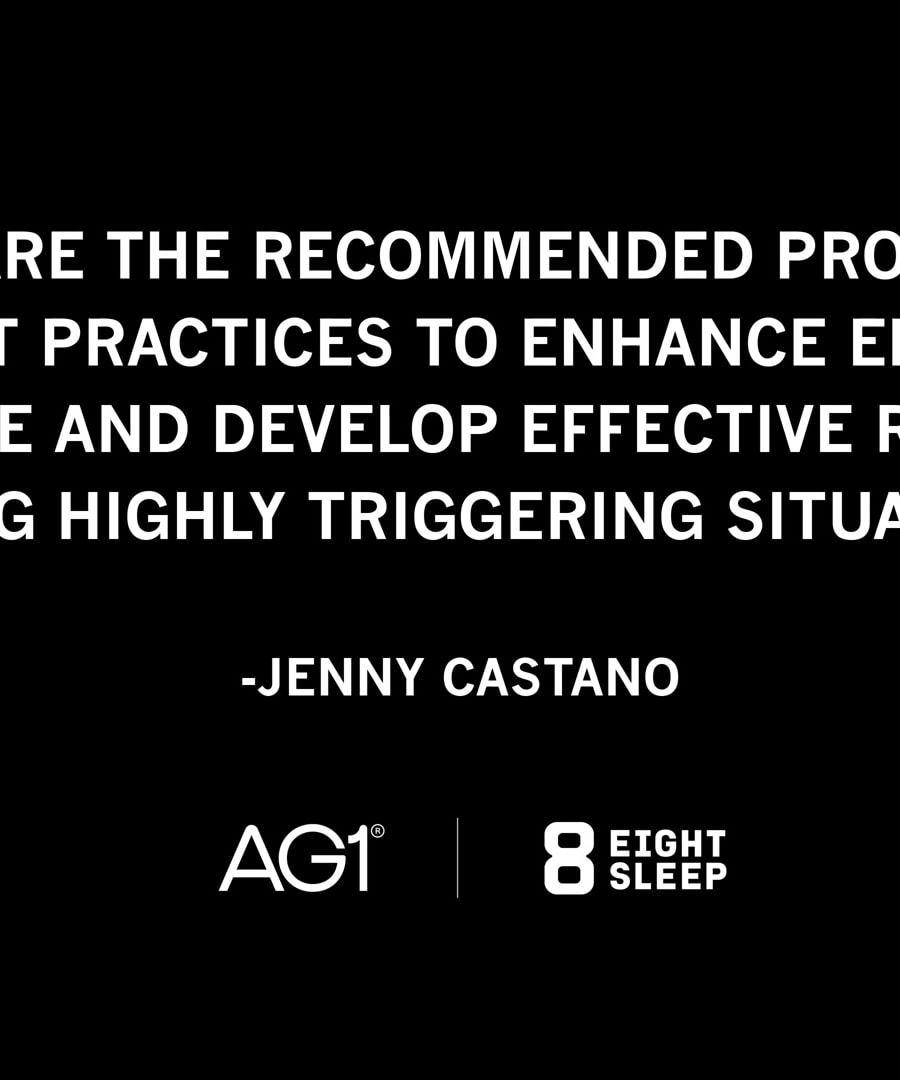What does huberman say about doing things that you don't like and building resilience
Sources:
has discussed the concept of doing difficult or uncomfortable tasks as a way to build resilience. He emphasizes the value of discipline and engaging in activities that require strength and toughness, even if they are not pleasurable. By deliberately experiencing discomfort, such as taking cold showers or pushing through challenging workouts, we can develop greater resilience 1 2.
He also mentions that our ability to handle stress and build resilience is improved by getting comfortable with adrenaline circulating in our system, which can be a practice in itself. Additionally, Huberman underscores the importance of good self-care outside of stressful situations, such as getting a good night's sleep and establishing morning routines, to set the stage for emotional resilience 3.
Moreover, talks about the importance of varying the difficulty of the tasks we undertake as a way to continue building resilience. Just as in physical training, the parameter space (variables like duration and intensity) may need to vary if the task has become too manageable, in order to continue benefiting from the stress-adaptation response 2.
Overall, Huberman suggests that by repeatedly overcoming the "walls" of resistance we face, whether that's in cold exposure, exercise, or other resilience-building activities, we are effectively training our ability to control our behavior under stress, which translates to improved handling of real-life challenges 1.
RELATED QUESTIONS


